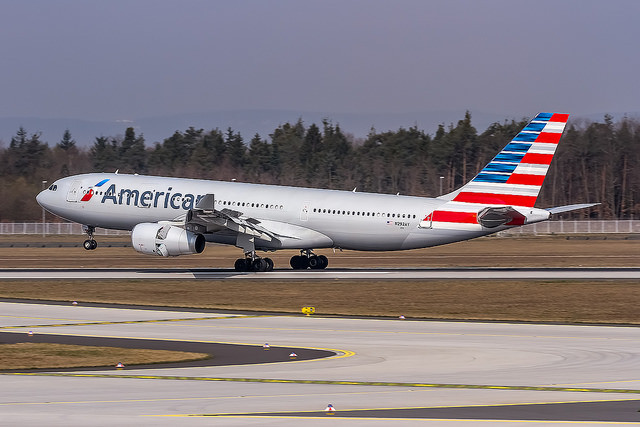Three huge American carriers - Delta, American, and United - joined other foreign airlines in acceding to the demand of the Chinese Government to change in their websites the reference of "Taiwan" to "Taiwan China."
The three airlines have beaten the July 25 deadline set by the Chinese government for global carriers to stop listing Taiwan as a separate entity of mainland China.
"Like other carriers, American is implementing changes to address China's request," said American Airline Spokesperson Shannon Gilson. "Air travel is a global business and we abide by the rules in countries where we operate."
The Delta Air Lines and United Airlines have the same sentiments.
Meanwhile, U.S. President Donald Trump's administration, some U.S. senators, and even the Taiwan business sector urged the three airlines not to heed China's demand. But considering the explosive growth of China's aviation industry, these airlines gave in to China's demand and disregarded the pieces of advice from the U.S. government.
"China is so strategically important to the U.S. carriers that they cannot ignore what the Chinese government mandates," said San Francisco-based travel industry analyst Henry Harteveldt. "The U.S. airlines were put in an uncomfortable position. No matter what they decided to do, it was the lose-lose proposition."
China has a booming airline market with the middle class as the most number of travelers. According to the International Air Transport Association, a group of international airlines, China will overtake the U.S. and will become the world's number one aviation market by 2022.
The United Airlines, for one, reported that 13 percent of its revenue in 2017 was from its aviation market in the Pacific which also includes flights to Korea, Japan, Singapore and Australia. The Delta Air Lines had 7 percent of its revenue from the Pacific last year while American Airline had 5 percent.
China's aggressive territorial defense was not only limited to the aviation industry. Early this year, American clothing brand GAP apologized to the Chinese government for selling T-shirts with a Chinese map design that did not include Taiwan and other disputed territories in the map. Also, the famous Japanese retail brand Muji was recently fined by China for listing Taiwan as a solo country in some of its packaging. The same event also happened to Marriott hotel chain wherein its Chinese website was suspended for a while due to listing Taiwan, Hong Kong, Tibet and Macau as separate countries in a survey questionnaire distributed to its guests.
Taiwan separated independently from China in 1949, after Chiang Kai-shek's National Government fled to Taiwan. This, however, is not being recognized by mainland China even until now, claiming that Taiwan is still a territory under China.





